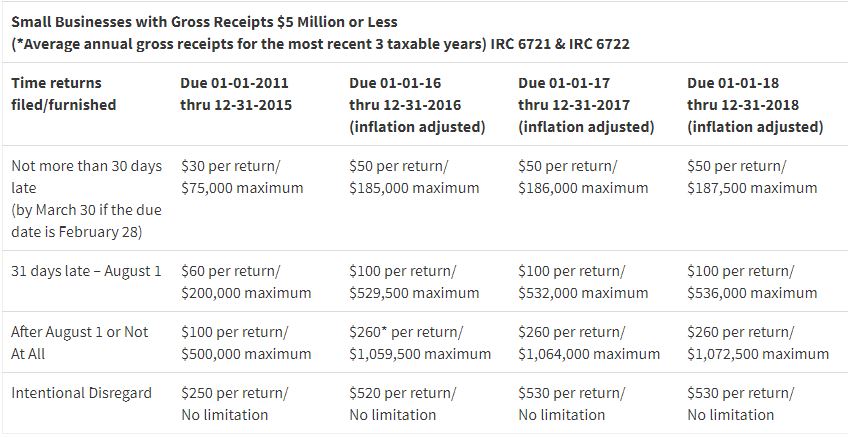It is valuable to your association to have board members that know their stuff. We recommend all board members participate in HOA education to stay current on new laws and trends in the industry. It’s also beneficial to review the basics every so often and this free “Reserve Study Basics for 2018” course from Association Reserves is a great opportunity to do just that. Check out what Association Reserves has to say about this upcoming course and make sure to register below.
Reserve Study Basics for 2018
Every so often it is important to take it back to the basics to improve your understanding of a subject. Reserve contributions are regularly one of an association’s largest budget line items (or they should be!). So save time, save money, and avoid costly mistakes by joining us for this “Reserve Study Basics” webinar. Whether you are a Board Member or Manager, in this 45-minute session we’ll show you how the basic principles of Reserve Studies are in the best interests of your association.
Thursday, March 15 at 11am PT (2pm ET) and 1:30pm PT (4:30pm ET)
*Choose your preferred time from the drop down menu
Click here to submit any questions prior to the webinar.
This course is approved by:





